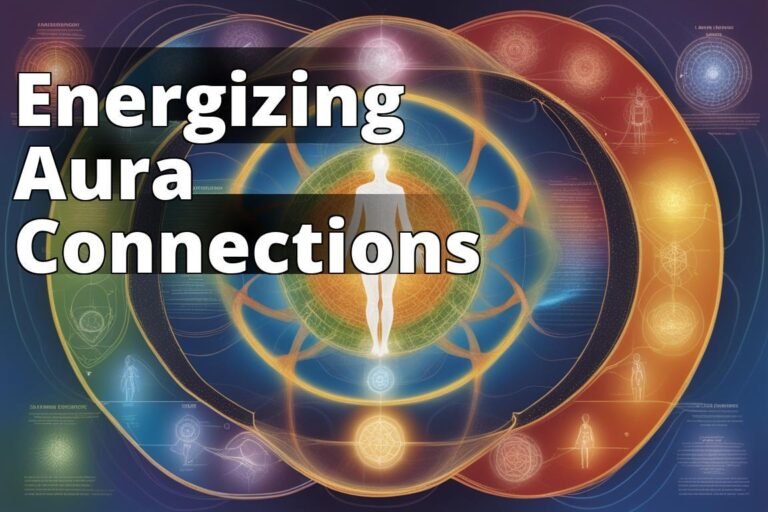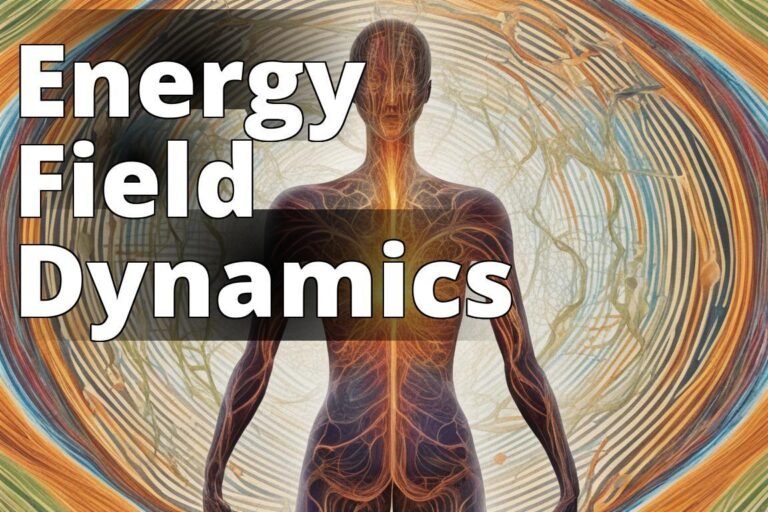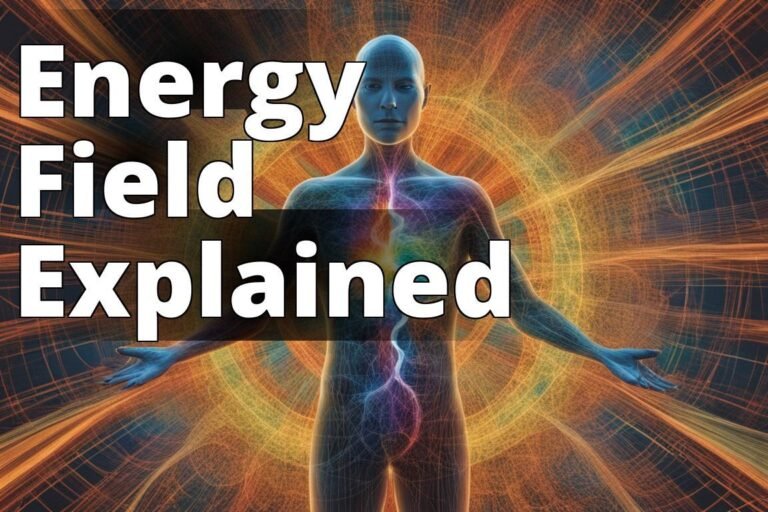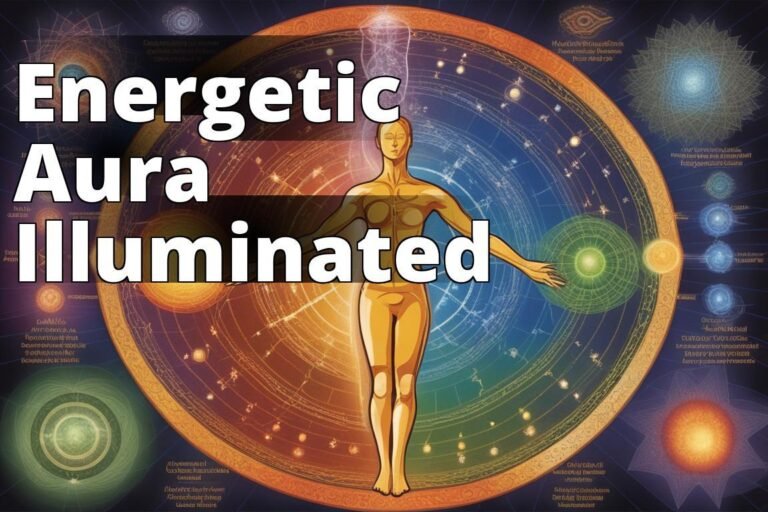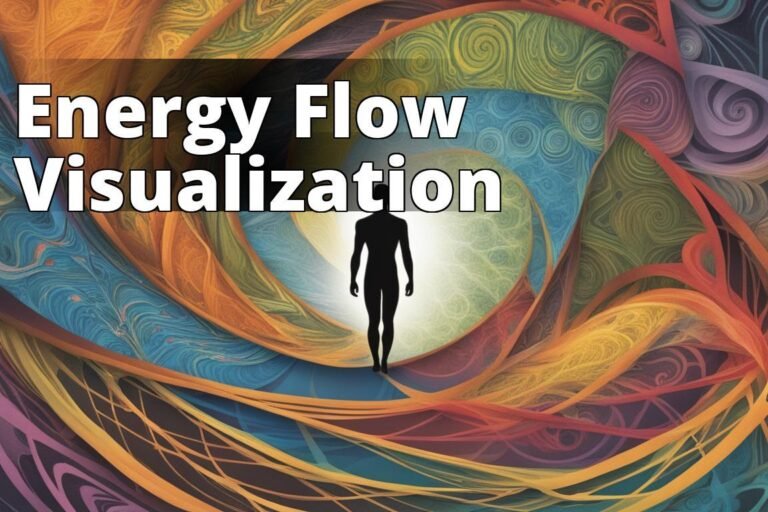The Japanese Experiment That Showed How Words Affect Water
Have you ever thought that your words could literally change the world around you? Well, a Japanese experiment with words on water suggests just that. It sounds like something out of a fantasy novel, but it’s rooted in actual experiments that have captivated minds around the globe. This is not your typical science class topic, but a journey into the physics of the supernatural.
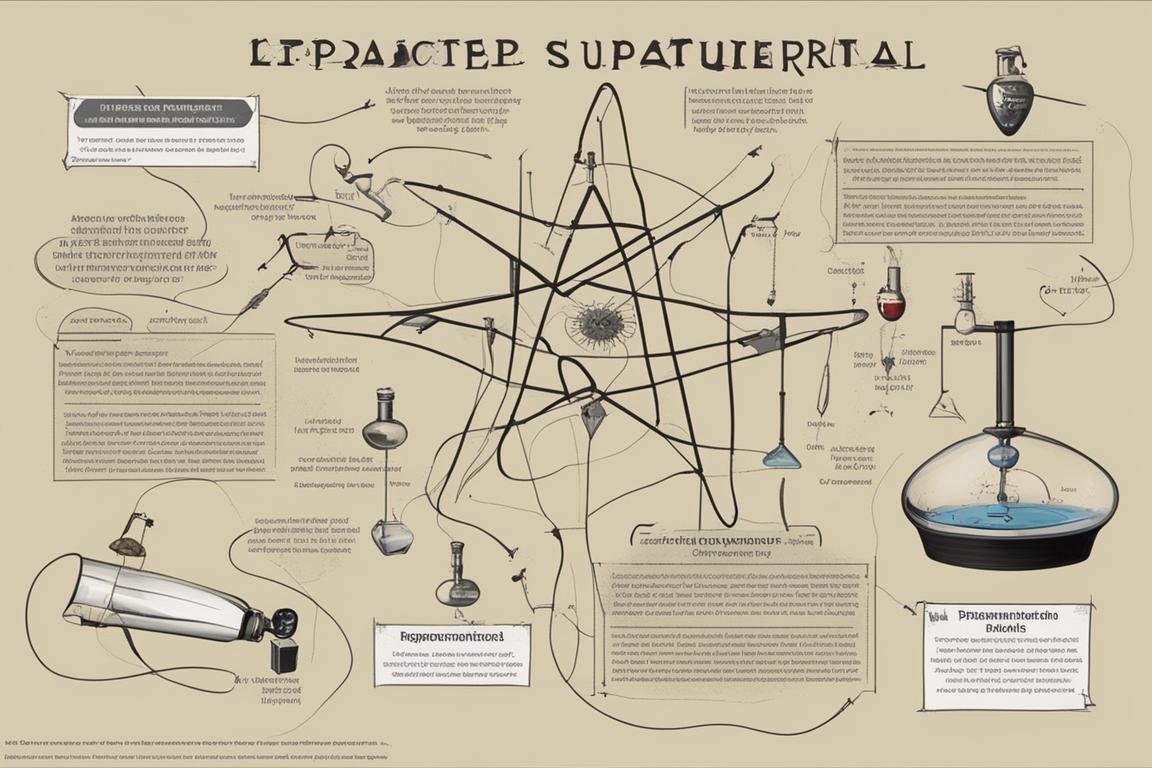
Learn about Japanese Water Experiment
- Words can affect water.
- The experiment’s results and implications.
- The power of words, prayer, intention, music, gratitude, mind, heart, and environment.
The Water Experiment
The core of this intriguing story lies in the work of Dr. Masaru Emoto, a Japanese researcher who claimed that human consciousness has an effect on the molecular structure of water. According to Emoto, words, thoughts, emotions, and music can influence the physical reality of water, turning it into a kind of living testament to the power of intention and expression.
Dr. Emoto’s methodology involved exposing water to different words, pictures, or music, then freezing it and examining the aesthetic properties of the resulting ice crystals under a microscope. The more positive the stimulus, the more beautiful and intricate the ice crystals appeared to be.

The Results
The results, as presented by Emoto, were nothing short of astounding. Water exposed to positive speech or thoughts formed elegant, symmetrical ice crystals, while those exposed to negative influences produced disordered, unattractive crystal formations. These findings were popularized in Emoto’s book, “The Hidden Messages in Water,” which brought a mainstream spotlight to the experiment.
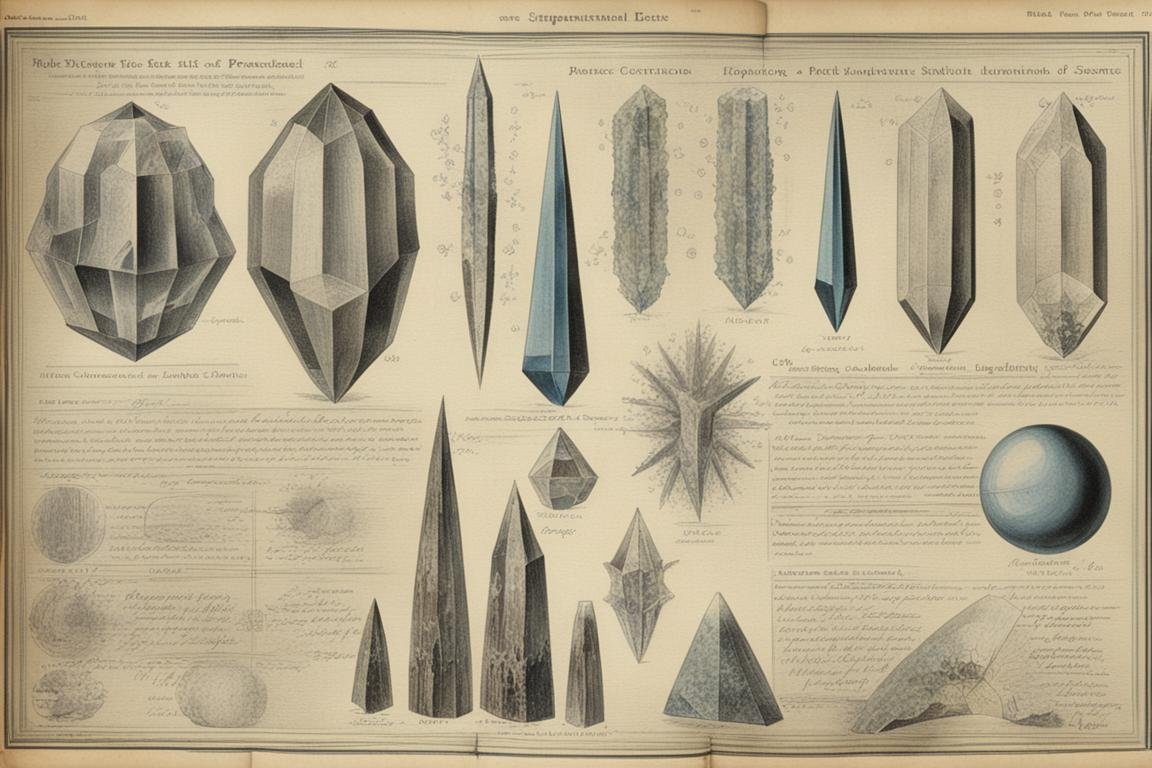
The Implications
If words can affect water, consider the implications for humans, composed of up to 60% water. This experiment suggests a tangible, visible impact of positive and negative intentions and words, not just on water but potentially on the physical and emotional wellbeing of people.
The Science
Critics argue that Emoto’s experiments lack rigorous scientific methodology, pointing out the absence of controls, double-blind procedures, and reproducibility by independent researchers. Despite this, the idea has taken root in popular culture, embodying a fascinating intersection between science, spirituality, and the supernatural.
Learn more about the scientific critique here.
The Power of Words
Personal anecdote time: I once spent a week consciously using positive language around my house – complimenting my family, expressing gratitude, and avoiding negativity. The atmosphere changed tangibly, with moods lifting and interactions becoming more harmonious. Whether or not water crystals were changing in my tap, the power of words to shape our environment was undeniable.

Insider Tip: Try a day of intentional positivity in your speech and note any changes in your environment or feelings.
The Power of Prayer
The intersection of the water experiment and the concept of prayer is fascinating. Prayer, at its essence, is the intention made manifest through words – a direct parallel to the ideas presented by Emoto. Whether or not one subscribes to a particular faith, the potential for prayer to act on the physical world, as suggested by the water experiment, offers a profound intersection of belief and physical reality.
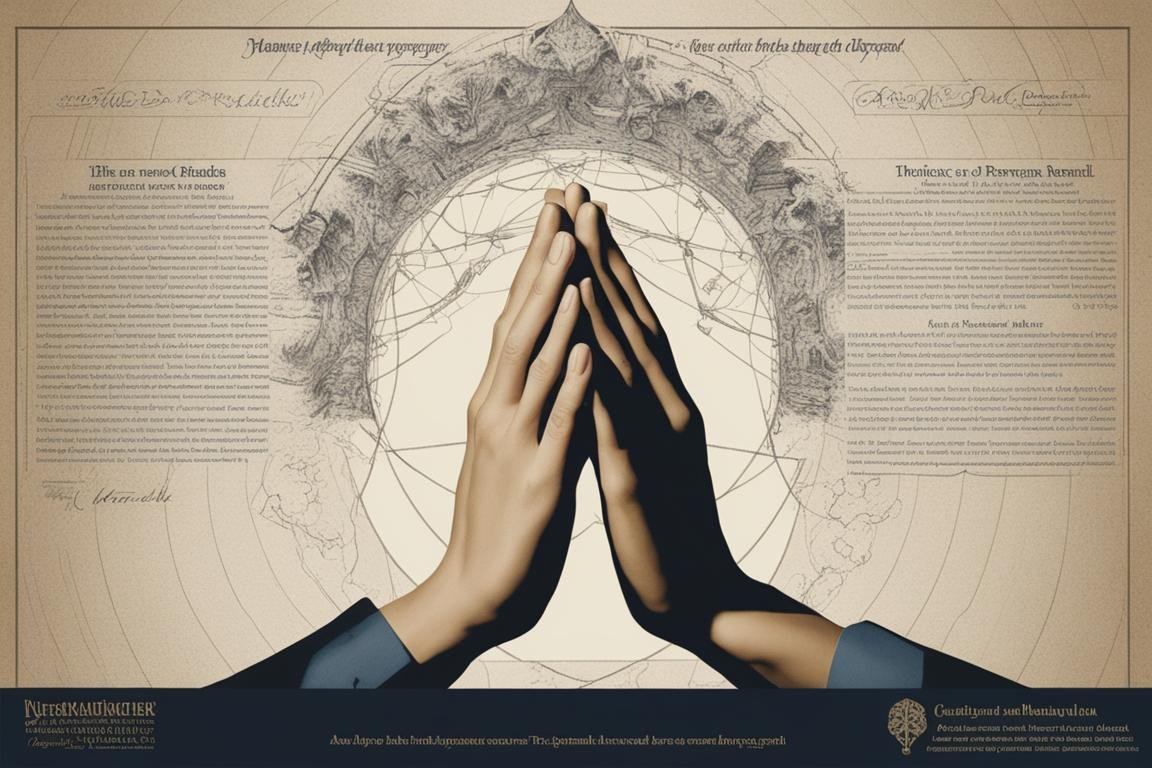
The Power of Intention
Intention is everything, or so the experiment suggests. Setting an intention, according to Emoto’s findings, can literally change the structure of water. This idea, extrapolated to life’s endeavors, suggests that our intentions might directly influence the outcome of our efforts, weaving intentionality deeply into the fabric of our daily lives.
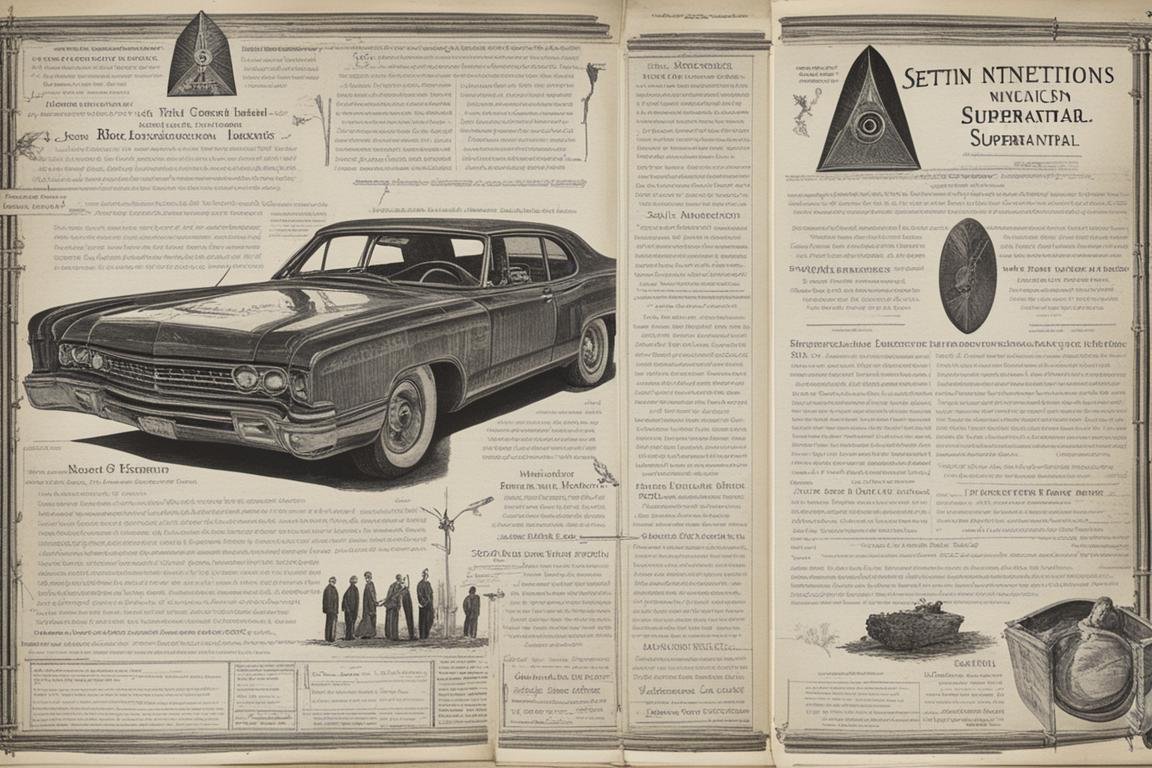
The Power of Music
Music’s impact on water crystals in Emoto’s experiment showcases the universal language of music in a new light. Different genres and pieces resulted in varied crystal structures, suggesting that music’s vibrations resonate not just within our hearts but in the very essence of water. This has profound implications for the healing and transformative power of music.

The Power of Gratitude
Gratitude, as demonstrated in the water experiment, can literally alter the physical world around us. Keeping a gratitude journal dramatically changed my personal outlook, aligning with the idea that positive emotions can have a tangible effect on our environment. If gratitude can change water, imagine its power in our lives.
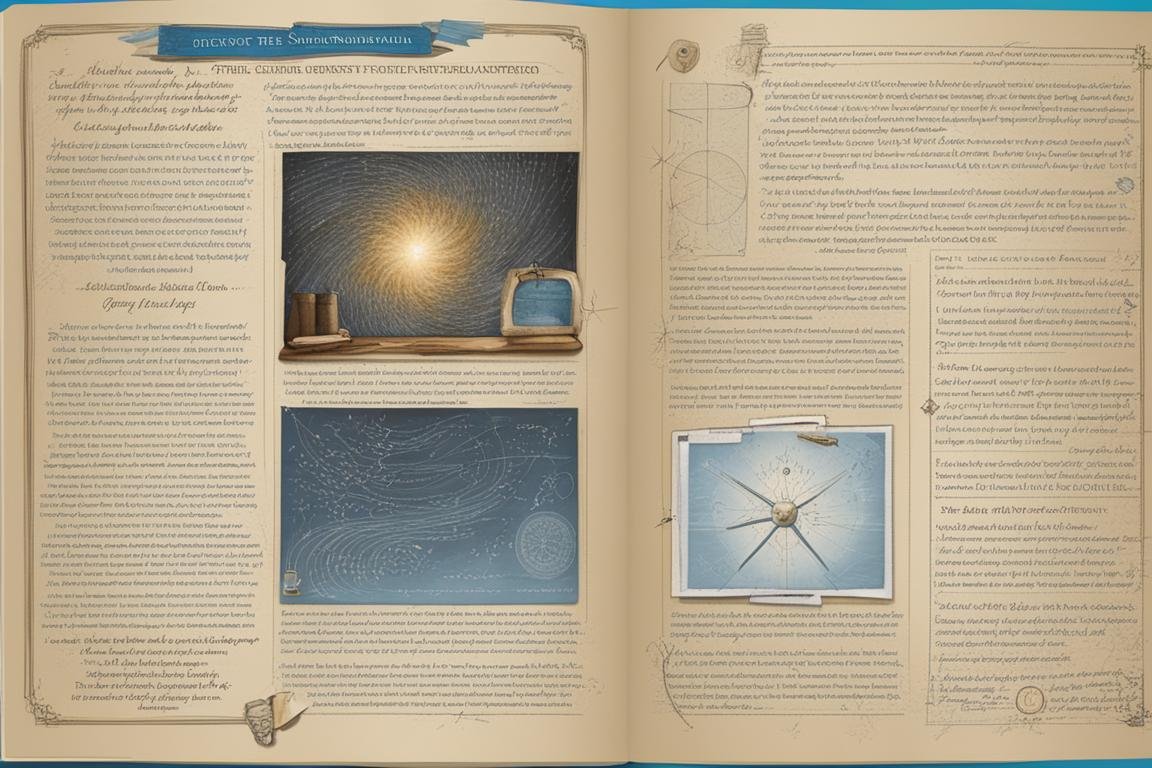
The Power of the Mind
The mind’s power, as suggested by the water experiment, is not to be underestimated. Visualization techniques, positive thinking, and mindfulness could potentially influence not just our emotional state but the physical reality we inhabit. The experiment invites us to consider the physical manifestations of our thoughts.

The Power of the Heart
Emoto’s experiment extends into the realm of emotions, suggesting that love and appreciation, when directed at water, can induce beautiful, harmonious crystal formations. This reinforces the belief in the heart’s profound influence on our physical reality, urging us to lead with love in our interactions.

The Power of the Environment
The environment we create, filled with words, intentions, and emotions, plays a crucial role in shaping the physical world, according to the water experiment. This challenges us to consider the impact of our surroundings and the atmosphere we contribute to, highlighting our responsibility to foster positivity.
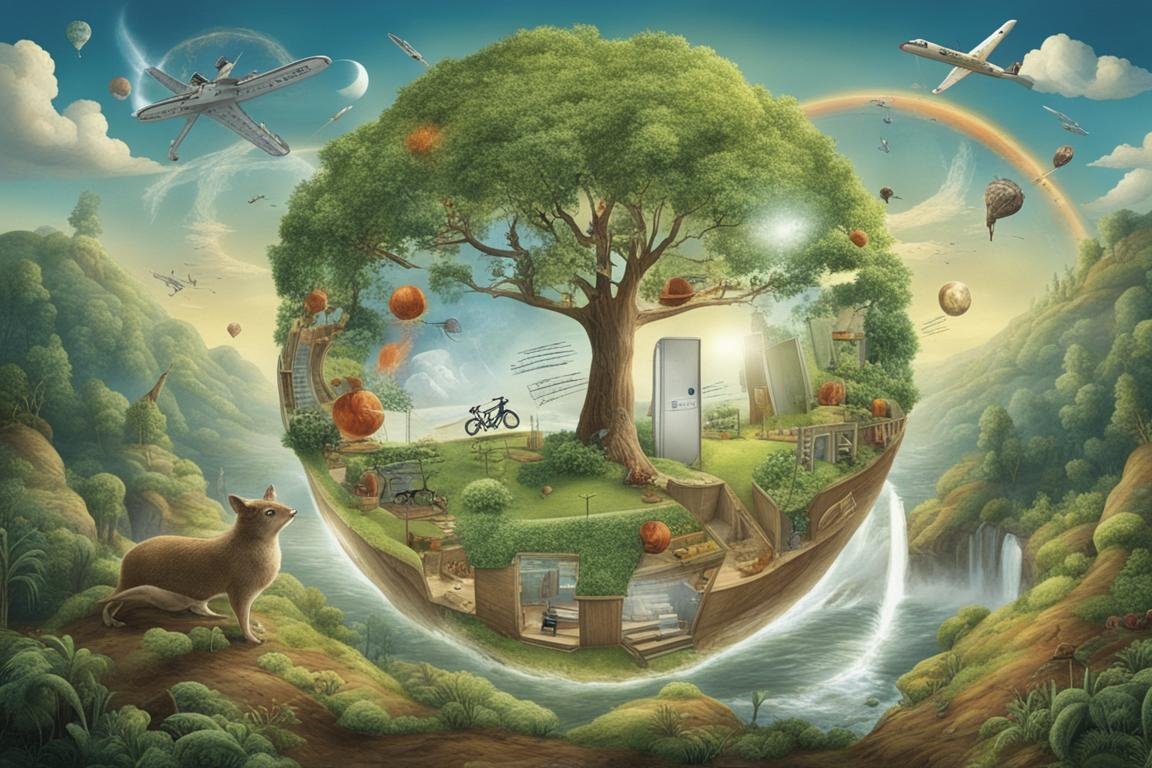
The Power of the Future
Looking forward, the implications of the water experiment stretch into the realms of healing, environmental conservation, and personal development. If words can influence water, the possibilities for intentional, positive impact on the world are limitless. It beckons us to approach the future with hope, intention, and a commitment to positivity.

References
Throughout this exploration, the work of Masaru Emoto and the critical responses to it have provided a rich tapestry of ideas to consider. While the scientific community remains divided, the cultural impact of the water experiment is undeniable, offering a gateway into discussions about the intersection of science, spirituality, and the supernatural.
For further reading, consider diving into Masaru Emoto’s “The Hidden Messages in Water” or visiting the Skeptical Science website for a contrasting perspective.
Conclusion
The Japanese experiment with words on water invites us to consider the profound impact of our words, intentions, and emotions on the physical world. While the scientific validity of the experiment is contested, its cultural and spiritual implications are vast, challenging us to approach life with positivity, intention, and an openness to the unseen forces that shape our reality. Whether through the power of words, prayer, intention, music, gratitude, the mind, the heart, or our environment, we have the potential to influence the world in meaningful ways. Let’s step forward with the resolve to use this power for good, shaping a future that reflects the beauty and potential that the water experiment suggests is within our grasp.
Remember to visit our sitemap for more intriguing reads: /index.php?xml_sitemap=params=main;html=true
Questions
What is the Japanese experiment with words on water?
It involves exposing water to words to observe its molecular structure.
Who conducted the Japanese experiment with words on water?
Dr. Masaru Emoto, a Japanese scientist, led this research.
How does the experiment on water and words work?
Water is exposed to different words or music, then frozen and observed under a microscope.
Can the Japanese experiment with words on water be replicated?
Some scientists question the reliability and reproducibility of these results.
How does the physics of the supernatural relate to this experiment?
It explores the potential impact of metaphysical forces on physical matter.
What objections do skeptics have about this experiment?
Skeptics argue that the findings lack scientific rigor and peer-reviewed validation.


